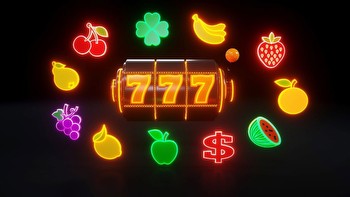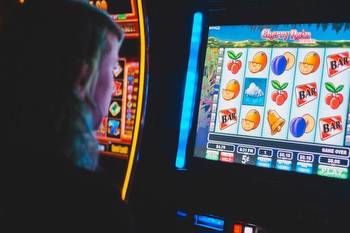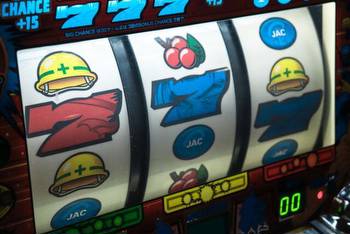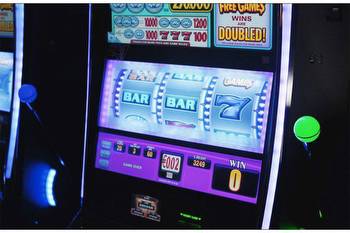Online Slots: The truth behind the reels


Slots are one of the most popular games of chance amongst both new and seasoned casino players. Making up most of the games available at online casino sites, slot games have truly stood the test of time since the first land-based machine was created in 1894.
In the modern-day, slot games come in a variety of themes, with unique symbols, bonus rounds and special features making gameplay even more interesting.
With this in mind, when thinking of playing Slots, whether that be online or at a land-based venue, it’s important to understand exactly how the game of chance works.
A land-based lever
At first, slot machines were activated using a lever and spring mechanism. By inserting a nickel, you would simply pull down a lever which would stretch the spring, causing the reels to spin.
Gradually, the spring would tighten again and stop the reels from spinning, revealing the outcome.
Introducing tech
Due to the success of these first land-based slot machines, when technology came into the picture, there were bound to be upgrades. In 1964, the first fully electromechanical slot called Money Honey was released by Bally. Despite being electrical, the lever remained so the games could stay feeling familiar.
In 1976, the first video slot was released. This made its debut on the Las Vegas Strip, and even featured a newly-phased in button to activate the reels.
The modern day
Nowadays, slot games are not only found in pubs, bars and arcades, but they can be played online, anywhere you have internet access. This has opened up new doors to gameplay, introducing bonus rounds, themed icons and special features.
After learning how Slots became electrical, and we could play our favourites online, one question remains: how do they work?
Random Number Generator
Without a spring and lever mechanism, the games use computer software known as a Random Number Generator (RNG) to create unpredictable outcomes.
When the button is pressed, the reels will spin, activating the RNG at the same time. This produces unpredictable combinations of numbers and symbols every single second. The software also has no memory, so slot games truly remain as fair, and random, as possible.
Volatility
Despite being a game of chance, if you pay attention to how volatile your chosen game is, you might be able to gauge whether it’s right for you and your bankroll.
Slots with high volatility tend to payout the highest amounts, but wins are rare and infrequent. Low volatility Slots are the opposite – paying out smaller wins in quick succession.
Depending on the amount you’re willing to bet, and the timeframe you have dedicated to playing, bearing in mind a slot’s volatility, and Return to Player (RTP) percentage, is a great way to help you pick the best game of chance for you.
Now you know exactly how slot machines work, and have a great understanding of their progression over the years, do you think you’ll be spinning the reels anytime soon?
Go BackBy signing up, you will create a Euro Weekly News account if you don’t already have one. Review ourPrivacy Policy

































